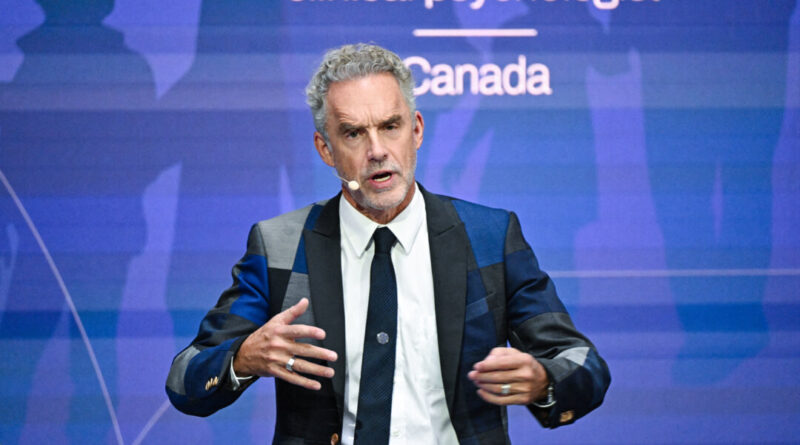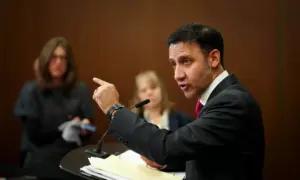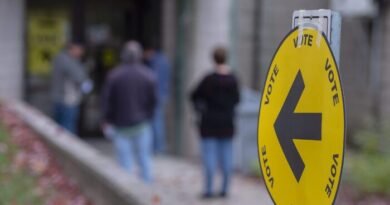The Battle for Free Speech: Jordan Peterson’s Stand
Commentary
Ever since 2016, when Jordan Peterson criticized the amendments made to Canada’s Human Rights Act and Criminal Code regarding “gender identity and expression” as grounds for discrimination, he has been under public scrutiny. He argued that enforcing the use of preferred pronouns amounted to compelled speech and a dangerous shift towards identity politics.
Peterson’s recent challenge of having to complete mandatory training mandated by his regulatory college to maintain his psychologist license, following the rejection of his appeal by Canada’s highest court, has once again thrust him into the national spotlight.
The college responded to complaints from individuals worldwide—who were not even Peterson’s patients—by requiring him to undergo remedial training on appropriate social media conduct.
This case extends beyond Peterson and establishes a precedent for all professionals regulated by governing bodies.
Professionals are now confronted with the harsh reality of self-censorship to avoid repercussions from their regulatory authorities. Peterson’s situation could impact all Canadian professionals, compelling them to comply with specific ideologies or face professional repercussions. It calls for serious contemplation among professionals. If you are governed by an entity that influences your livelihood, recognizing the threat and speaking out against these assaults on free speech is imperative before it’s too late—for both you and the nation.
Peterson shared that numerous professionals have rallied behind him, underscoring the significance of this case. However, this issue transcends regulatory bodies.
Our foundational institutions must remain free from ideologies. Yet, we’ve witnessed a shift aligning them with prevailing philosophical trends originating in academia. Justices increasingly rely on law clerks—often graduates—recommended by professors who were former court clerks themselves. This close bond with law schools makes the judiciary vulnerable to current academic influences.
Furthermore, courts have shown willingness to grant considerable autonomy to “experts” in their roles. Bureaucratic decisions are upheld without interference, as the courts hesitate to question these “experts.” Even if these decisions violate charter rights, they may be excused under the pretext of “charter values,” demanding decision-makers to consider the charter’s “essence” in their judgments. In Peterson’s case, the focus shifts from his freedom of expression to upholding “charter values” like diversity, equity, and inclusion.
However, this deference to bureaucrats leaves Canadians—including Peterson—without genuine freedom of expression concerning prevailing societal ideologies.
We all struggle in this new landscape, with few individuals like “Peterson” willing to confront this societal challenge. We lose the opportunity for professional discourse on critical matters.
We require the unrestricted speech of professionals to benefit from their collective expertise.
Peterson has taken a stand. He refuses to back down and intends to challenge the regulatory college despite undergoing mandatory re-education.
This battle is for the essence of free speech in Canada. It’s time to fortify ourselves for what’s to come.
Views expressed in this article are opinions of the author and do not necessarily reflect the views of The Epoch Times.





